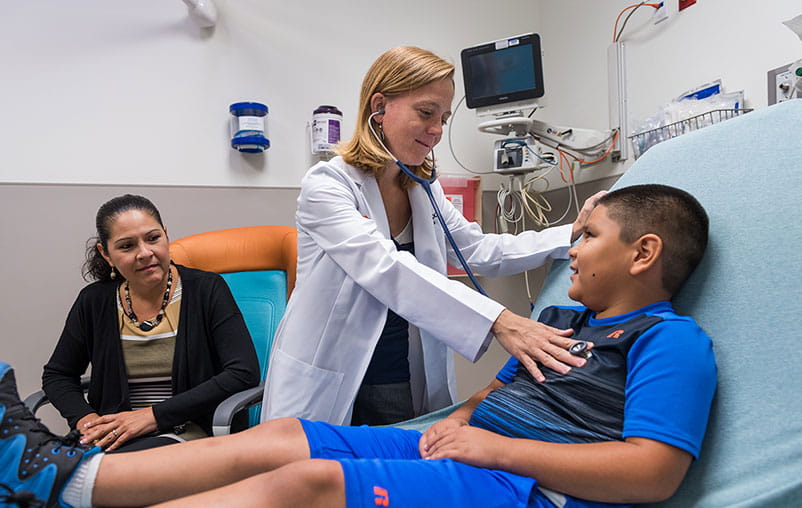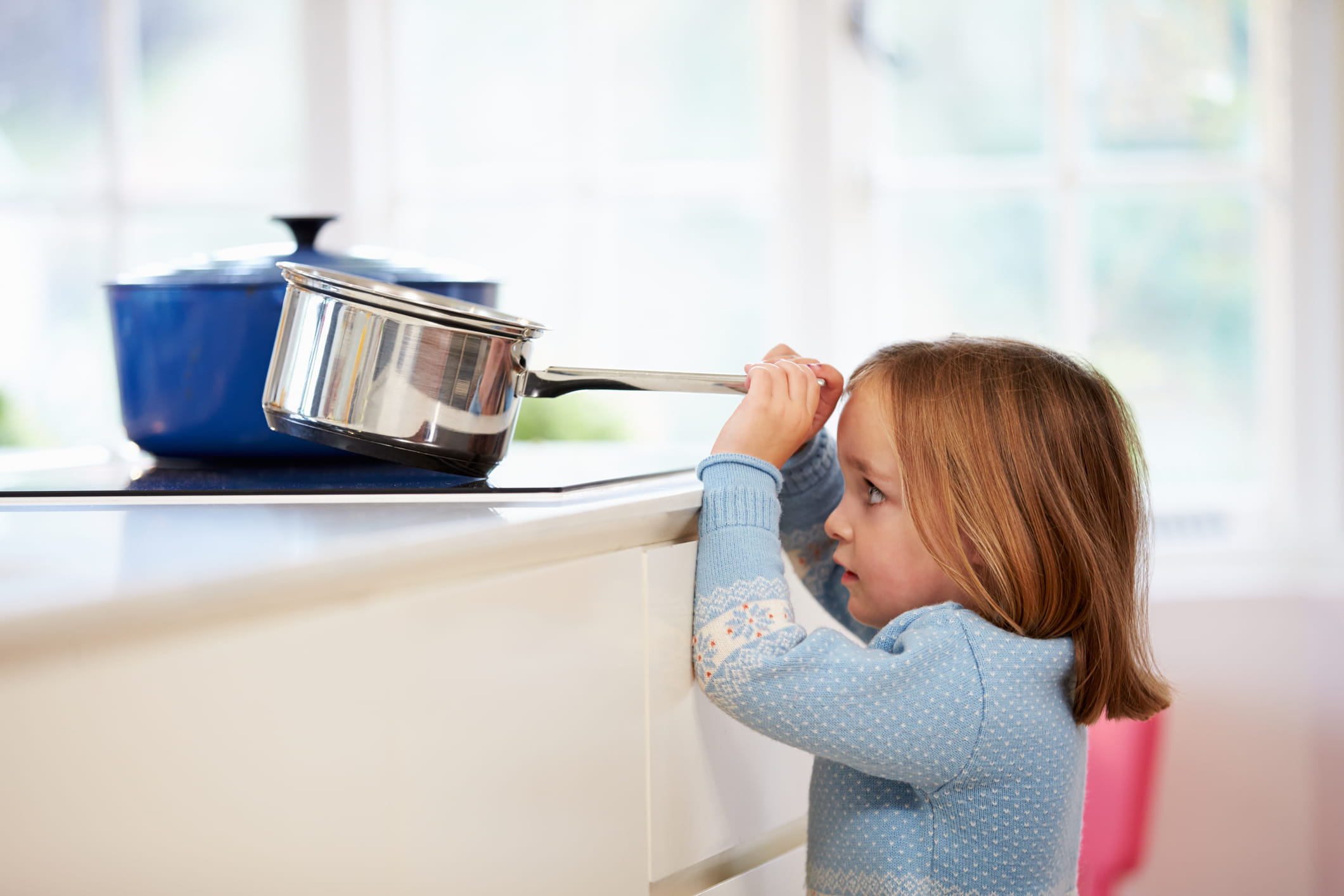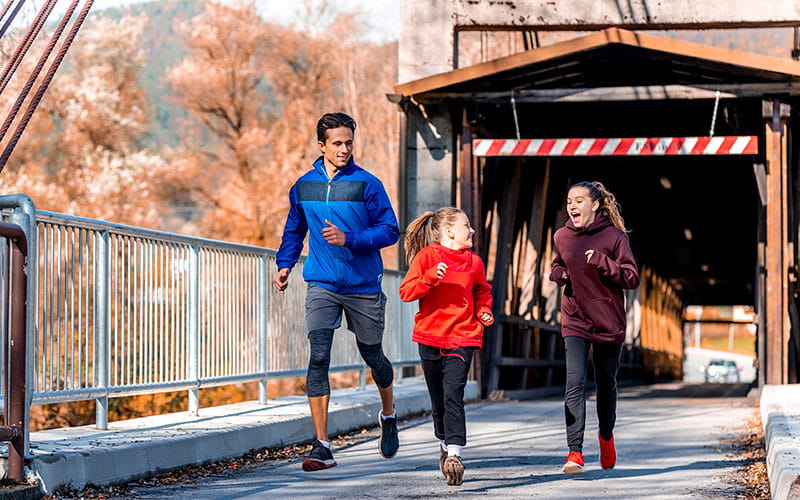Both adults and children want to feel connected with others during COVID-19. We're making adjustments as we go through this together. You may have heard about a push to change the term “social-distancing” to “physical-distancing” due to the loneliness many people are experiencing as a result of being separated from their friends and loved ones.
It can be frustrating to explain to your children over and over why they can’t hang out with their friends. Taking the time to talk to your family about why it’s important to maintain a “physical distance” rather than a “social distance” can make a big difference in how your children feel about the restrictions of the pandemic.
Word Power
There is so much happening in the world right now, and it’s important to take the time to check in with your own thoughts and pay attention to the words you’re using when talking to your kids. It’s best to use kind and supportive words.
- Explain to your kids that when you keep a physical distance from a stranger or a friend, you’re showing that you care about that person and their safety by slowing the spread of germs. You’re teaching them to practice “safety spacing and “social support.”
- Let your kids know that they can still care for someone and not be physically close to them.
Defining Support
If you’re like most people, asking for help is hard. It’s normal to struggle with your own thoughts and emotions during a stressful time like this. As parents it can be even more challenging to talk to your kids about COVID-19 in terms they can understand. Keep in mind that children learn and respond by watching your reactions.
Everyone needs support – you and your children. When it comes to your kids, teach them to voice how they’re feeling. Help them to identify or explain to you what they need most from you during this time of “physical distancing” from their friends and others.
Listen carefully to what your child is asking. Often less information is best. Be mindful not to give your child more information than is needed. You don’t want to overload them or unintentionally cause unnecessary fear or worry. Keep your answers age appropriate.
Here are some helpful tips and resources to help support your child during COVID-19:
- Make sure you understand your child's understanding of words related to COVID-19. Also, take time to understand what support means to your child and what it looks like. For example, your definition of support will be different than your child's. Support for you might mean coming home to a clean kitchen, while your child may feel supported by a good-night hug.
- Create a “social support” plan within the family and with close friends. Be creative. The plan could include physical hugs, high fives, online chats, phone calls, or play time with video games.
- For more ideas on how to support your kids, check out Sesame Street’s Caring for Each Other Initiative.




